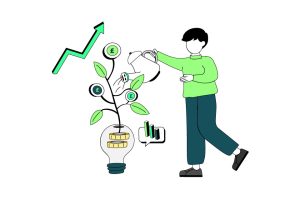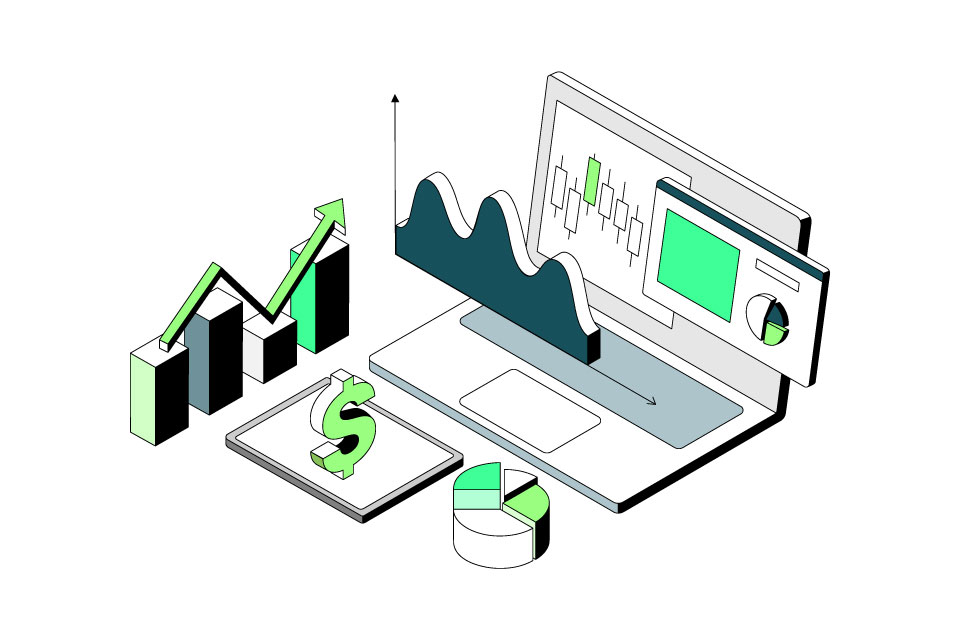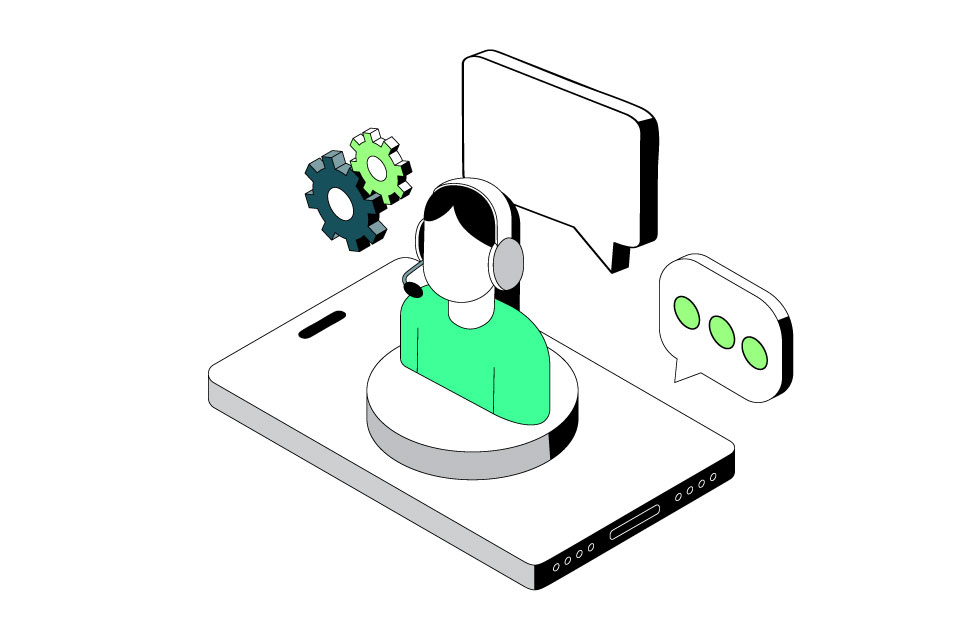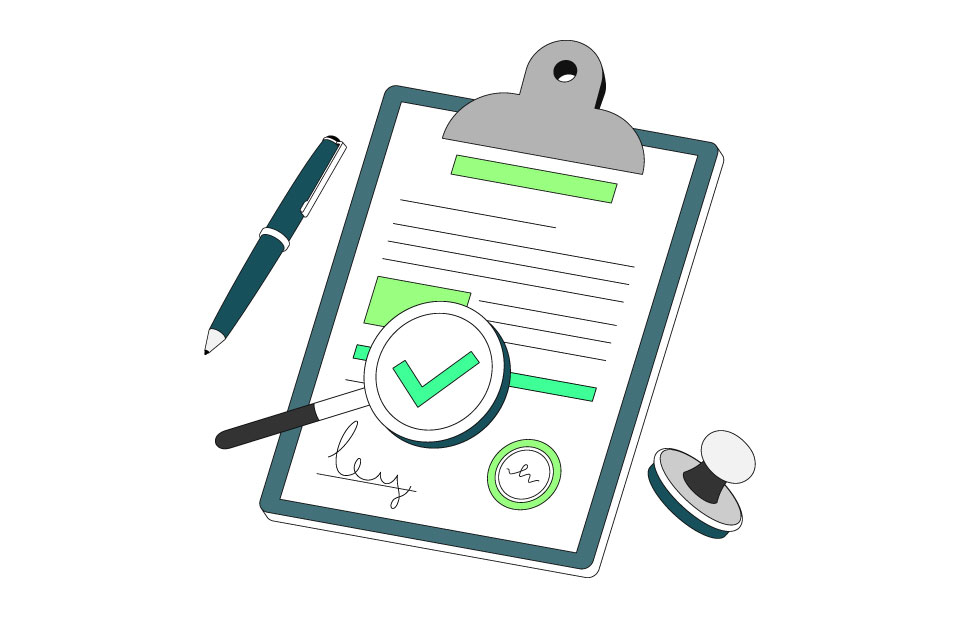
A significant amount of coverage on the Spring Statement this week has focused on the difficult decisions the Chancellor has had to make and the uncertain environment in which she has had to make them.
Rachel Reeves may have regained the ‘headroom’ set aside in her Autumn Budget through painful cuts to spending, especially on welfare, but her hard-won fiscal leeway is overshadowed by the very tangible prospect of tariffs and the impact of a global trade war.
In any case, there is an important lesson here on our journey to reviving our economy: just as the Chancellor has had to make difficult decisions in a volatile context, so do businesses and our members all across the country.
A clear and recognisable challenge
The current gloom around flatlining growth and productivity has been underscored by KPMG’s research this week, indicating a resounding drop in consumer confidence, with 58% of respondents taking the view that our economic outlook has deteriorated in the past three months.
And it doesn’t stop there. Interestingly, the research also found that 43% of consumers said they were reducing spend on everyday items, over a third are putting more into saving for a rainy day, and 29% have deferred the purchase of big-ticket items.
In difficult times, consumers become even more discerning. Invariably, though, this has to do with more than price alone.
Perceptions of value – driven strongly by the quality of experience customers receive – are arguably far more important. Our own research has shown that 31% of customers will spend more for good service, as against 19% for whom price is the overriding concern. There is also a focus on trust and whether we feel cared about by organisations – both factors essential to building the loyalty needed to weather periods of reduced consumer confidence.
Building confidence across the Service Nation
The rise in National Insurance contributions, set to kick in next month, will bring a whole new challenge to many organisations.
We as business leaders have a pivotal role to play in generating a turnaround in consumer confidence, which will help to set the economy on the road to recovery. More than this, we have a key tool at our disposal – our service proposition.
Ultimately, consumers interact with and form a view of our economy through service. If too many of these service experiences are negative, we naturally foster a general impression that we are going in the wrong direction.
If customers have more positive experiences, the opposite will be true – whether consciously, through service experiences that go above and beyond or which demonstrate empathy, connection and swift resolution when things do go wrong – or more imperceptibly, through seamless everyday experiences where things just ‘work’.
None of this will be easy, especially if costs rise further – but our best chance of recovery remains a relentless commitment to the service agenda.


